
Blood Borne Viruses
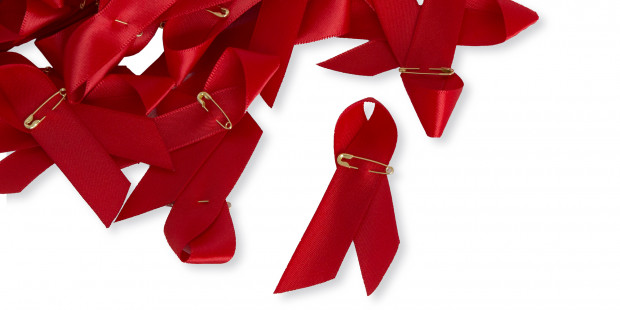
What is HIV ?
HIV stands for Human Immunodeficiency Virus.
The Human Immunodeficiency Virus (HIV) is a virus which attacks the body’s immune system which, if left untreated, can leave the body vulnerable to infections with which it would normally cope.
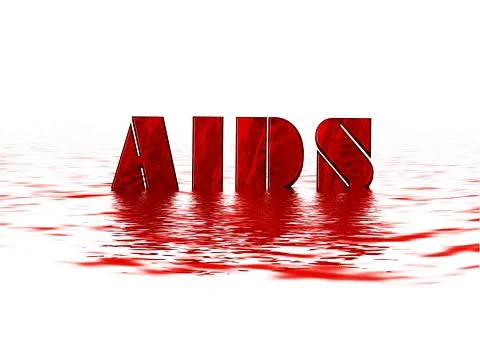
What is AIDS?
AIDS – Acquired Immune Deficiency Syndrome. HIV is the virus which causes AIDS. HIV progressively attacks the body’s immune system and, if left untreated, can leave the body unable to fight off infections. A person is said to have AIDS when the immune system has become so damaged that it can no longer fight off certain illnesses (referred to as indicator illnesses – further information can be found in the symptoms section).
It can take around 10 years before HIV has damaged the immune system enough for AIDS (late stage HIV) to develop.
With timely testing, diagnosis and correct treatment, people living with HIV would not reach late stage HIV infection. It is possible to reverse an AIDS diagnosis in the event of late diagnosis. With the development of effective treatments, it is rare for anyone in Scotland to have an AIDS diagnosis.
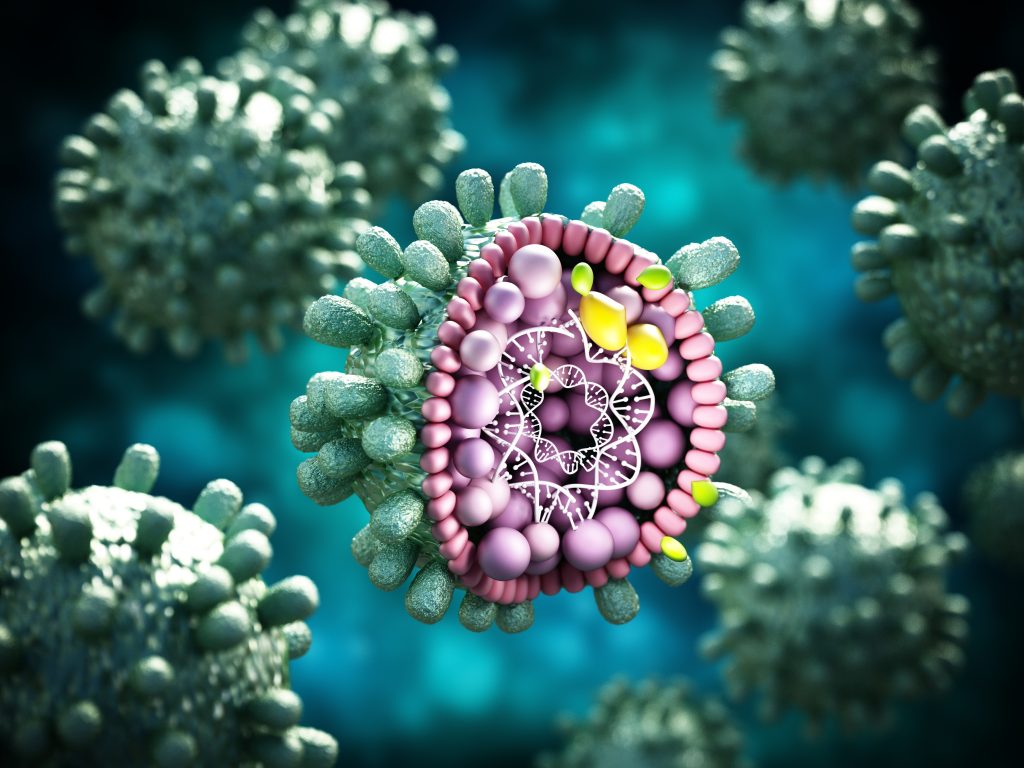
Hepatitis B & C are commonly referred to as blood borne viruses (BBVs) along with HIV.
The term “hepatitis” is used to describe inflammation (swelling) of the liver. Hepatitis B & C are the most common types of viral hepatitis and over time, if left untreated, can lead to scarring (fibrosis) of the liver, cirrhosis or liver cancer.
It is estimated that approximately 0.9% of the Scottish population have been diagnosed hepatitis C positive and the number of hepatitis B infections are a growing cause for concern.

Hepatitis B
Hepatitis B is the most infectious blood borne virus – it is approximately 100 times more infectious than HIV. It can survive for up to 7 days outside the body and is present in high levels in blood. It is also present in varying amounts in other body fluids such as semen, vaginal secretions and saliva. Unlike hepatitis C, there is a high risk of hepatitis B being transmitted via unprotected sexual activity. Hepatitis B cannot be cured, however, the majority of people infected as adults clear the virus naturally and there is treatment available to reduce symptoms and disease progression in those who don’t.
Is there a vaccine for hepatitis B?
A safe and effective vaccine is available that can provide lifelong immunity in most cases. It is the best way to prevent Hepatitis B.
The vaccine is free to those at risk. This includes men who have sex with men; people who inject drugs; people who exchange sex for money or goods and some other groups of people.

Hepatitis B – British Liver Trust
Hepatitis B. Hepatitis B, sometimes called hep B or HBV, is a virus carried in the blood and body fluids which infects and damages the liver and is the most widespread form of hepatitis worldwide.
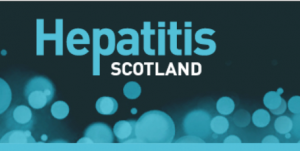
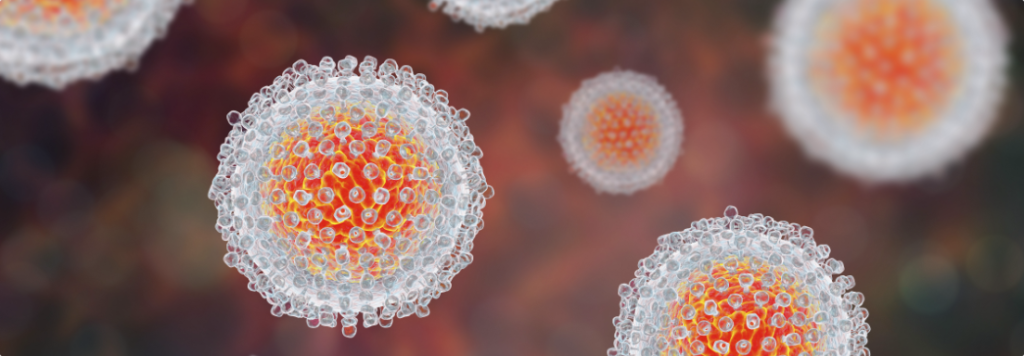
Hepatitis C
Hepatitis C is a blood borne virus that mainly affects the liver. It can cause fibrosis and cirrhosis of the liver and, left untreated, can lead to liver failure, liver cancer and can be fatal. There is no vaccine to protect against hepatitis C, however, effective treatment is available that can cure the virus in some cases.
Hepatitis C is more common in Ayrshire than both hepatitis B and HIV.
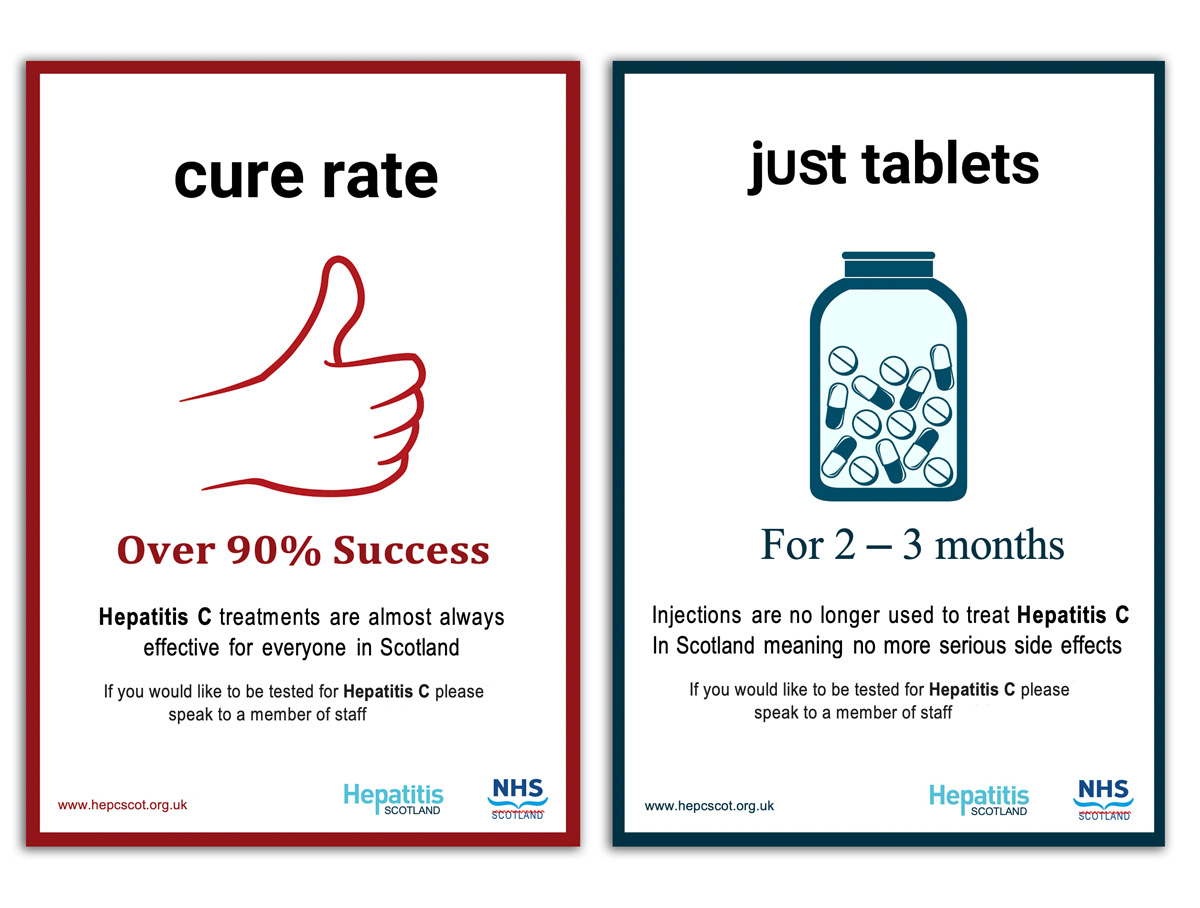
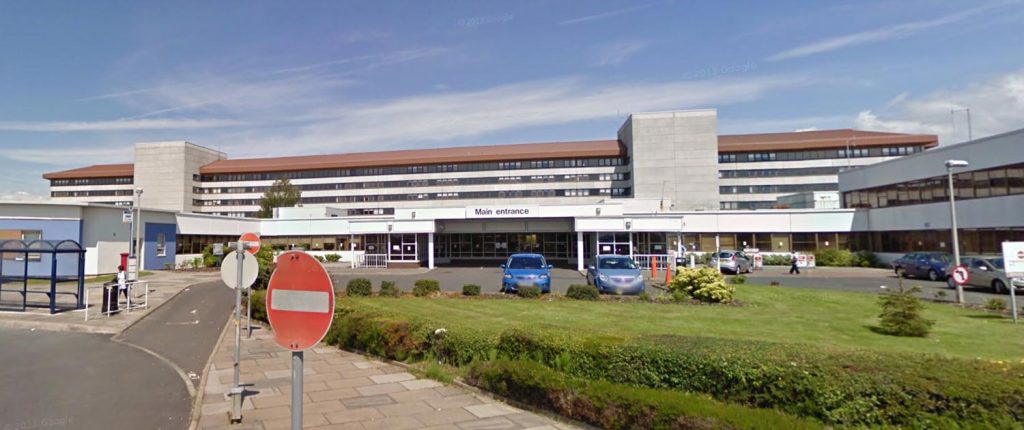
Local Blood Borne Virus Service
The Ayrshire and Arran Blood Borne Virus Service is based at University Hospital Crosshouse. The BBV unit within the hospital was purpose-built in 2011 and offers a confidential, holistic service for all those affected by a BBV.
The unit was designed to provide the best level of care while allowing the service user to feel comfortable, relaxed and safe in the knowledge that they are being treated by a specialist team who has the patient’s welfare at the heart of everything they do.
The unit provides specialist assessment, treatment and care for patients who have been diagnosed with HIV, Hepatitis C and Hepatitis B.
The BBV specialist Team:-
BBV Specialist Nurses
The specialist nurse team have clinics within Crosshouse Hospital and community settings in North, East and South Ayrshire .The nurse team undertake blood tests, Fibroscans, sexual health screens and offer condoms. They offer support and advice to patients undergoing treatment for HIV, HBV and HCV.
BBV Consultant
The BBV Consultant will be able to discuss the results of any tests / investigations that have been carried out and explain any changes to your planned care. Consultant clinics are held at Crosshouse Hospital but can also be done via telephone.
BBV Specialist Pharmacist
Specialist Pharmacist input to discuss medication regimens is available and can provide advice and information on the safe use of medications the team prescribe for you. Consultations can be held via telephone.
BBV Admin Team
The BBV Team have dedicated administration staff to help with any questions or problems that may arise from appointment dates and times.
Referral to BBV service
Initial referral to the Ayrshire and Arran BBV Service is generally through GP/Addiction Services/In and Out-patient services. Referrals are accepted from all avenues. Referrals are accepted by the Consultant and also by the Clinical Nurse Specialists. Once patients are referred to the service, they are assessed for the most suitable treatment options or monitored closely on a regular basis. Should patients develop any new symptoms or are concerned about any changes in their condition then we ask that they contact us directly.
Patients who have been diagnosed with a BBV but who are not currently receiving treatment can also self-refer to the clinic.
If you have any queries or concerns then please call the team on: – 01563 – 545508
RELATED PAGES


